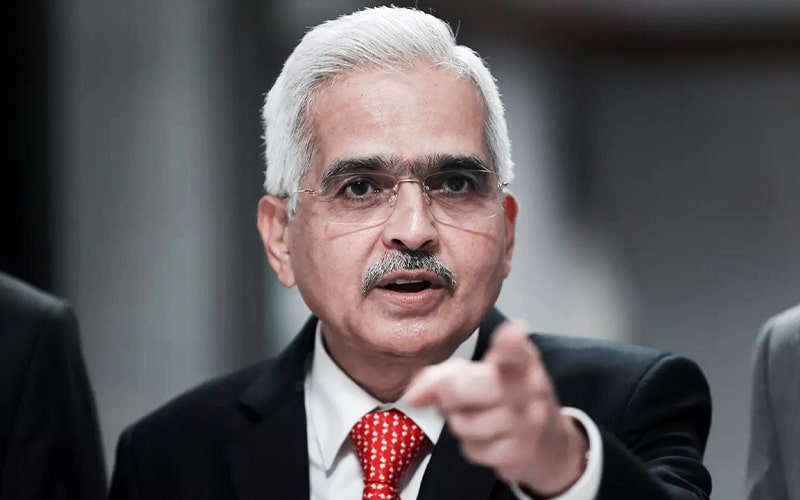The Reserve Bank of India (RBI) governor Shaktikanta Das details the difference between the Unified Payments Interface (UPI) and India’s CBDC e-rupee following the launch of India’s retail CBDC.
In a press conference held by the RBI following the final Monetary Policy Committee (MPC) meeting of the year, Shaktikanta Das provided clarifications on many elements of the UPI and CBDC concepts.
According to him, e-rupee transactions will not have any intermediary, unlike UPI transactions. He provides an example to clarify further his point, “When I use UPI app, a message goes to my bank, the account gets debited and the money is transferred to the recipient’s account, where it gets credited – all with the intermediation of the bank.”
Das claims that the CBDC is highly comparable to fiat money. You can withdraw digital currency from CDBC or e-rupee and keep it in your “wallet,” which is essentially in your smartphone.
As a result, when you go to pay someone in a store or to another person, it will transfer directly from your wallet to his/her wallet without going through a bank.
Basically, the function of a bank is the main distinction between CBDC and UPI. While the latter includes a bank acting as a middleman, the former is a direct method of the transaction between parties.
Additionally, according to deputy governor T Rabi Sankar, CBDC can facilitate the direct transfer of funds between two private entities, including people and businesses, in a manner similar to cash. While just two bank accounts can be involved while using UPI.
The RBI Governor added that the CBDC is now operating on a trial basis and that there may be more difficulties down the road. However, the central bank reaffirmed its readiness to address any future CBDC or e-rupee difficulties.
Last month, Indian Central Bank announced it will launch a pilot for retail CBDC on December 1, and it has already materialized. The first phase of the pilot will begin with four banks: State Bank of India, ICICI Bank, Yes Bank, and IDFC First Bank in four cities.






